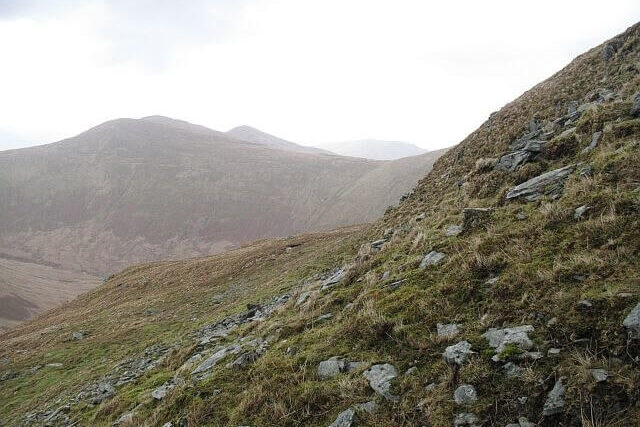
New research conducted by the Botanical Society of Britain and Ireland (BSBI) has revealed that climate change may have led to the decline of some of Scotland’s mountain plants. The study took 20 years to complete and relied on more than three million plant records of 2,555 species, collected by hundreds of botanists across Scotland. The research found that many species of mountain plants relied on high snow cover on hills until late spring and summer to ensure a moist environment. However, with climate change, there has been a significant reduction in snow cover, leading to a decline in the number of plant species. The research also found that plants that thrived on lower ground in warmer conditions were spreading to mountain habitats, leading to a loss of native plants.
According to the study, snow pearlwort, alpine lady-fern, and alpine speedwell are among the species found to be in decline. Almost the entire British population of snow pearlwort is found on Ben Lawers, but half of the Perthshire mountain’s known colonies have disappeared over the last 40 years. The study also revealed a loss of meadow plants since the 1950s due to the use of nitrogen fertilisers and damp fields being drained. Peatbog and moorland were also identified as habitats at risk, particularly from the spread of Sitka spruce, a non-native tree.
The report concludes that climate change, habitat loss, and the spread of non-native species are key threats to the health of British and Irish native plants. The BSBI warns that devastating losses of species in Scotland were among the findings, and they urge the government to take action to prevent further declines.
Matt Harding, BSBI’s Scotland officer, said: “Sitka spruce had the greatest increase in range of any species covered by Plant Atlas 2020.
“Its ability to regenerate successfully on peaty soils that are vital for native biodiversity and carbon sequestration means that future planting will need to be carefully managed to ensure that these important peatland habitats are protected.”
BSBI chief executive Julia Hanmer said: “Plant Atlas 2020 presents a powerful and concerning insight into the changing distributions of our wild plants.”
——————————————————————————
At Natural World Fund, we are passionate about stopping the decline in our wildlife.
The declines in our wildlife is shocking and frightening. Without much more support, many of the animals we know and love will continue in their declines towards extinction.
When you help to restore a patch of degraded land through rewilding to forests, meadows, or wetlands, you have a massive impact on the biodiversity at a local level. You give animals a home and food that they otherwise would not have had, and it has a positive snowball effect for the food chain.
We are convinced that this is much better for the UK than growing lots of fast-growing coniferous trees, solely to remove carbon, that don’t actually help our animals to thrive.
This is why we stand for restoring nature in the UK through responsible rewilding. For us, it is the right thing to do. Let’s do what’s right for nature!
Support our work today at https://naturalworldfund.com/ and join in the solution!

